Collaborators
AQUAPONICS OPTI is a multidisciplinary effort involving seven institutions worldwide: The University of Gothenburg, Sweden, the University of Washington, USA, Ataturk University, Turkey, the Leibniz-Institute of Vegetable and Ornamental Crops (IGZ), Germany, the National Taiwan Ocean University, Taiwan, the Universidade Estadual Paulista, Brazil, and the University of Stellenbosch, South Africa.
Collaborators
AQUAPONICS OPTI is a multidisciplinary effort involving seven institutions worldwide: The University of Gothenburg, Sweden, the University of Washington, USA, Ataturk University, Turkey, the Leibniz-Institute of Vegetable and Ornamental Crops (IGZ), Germany, the National Taiwan Ocean University, Taiwan, the Universidade Estadual Paulista, Brazil, and the University of Stellenbosch, South Africa.
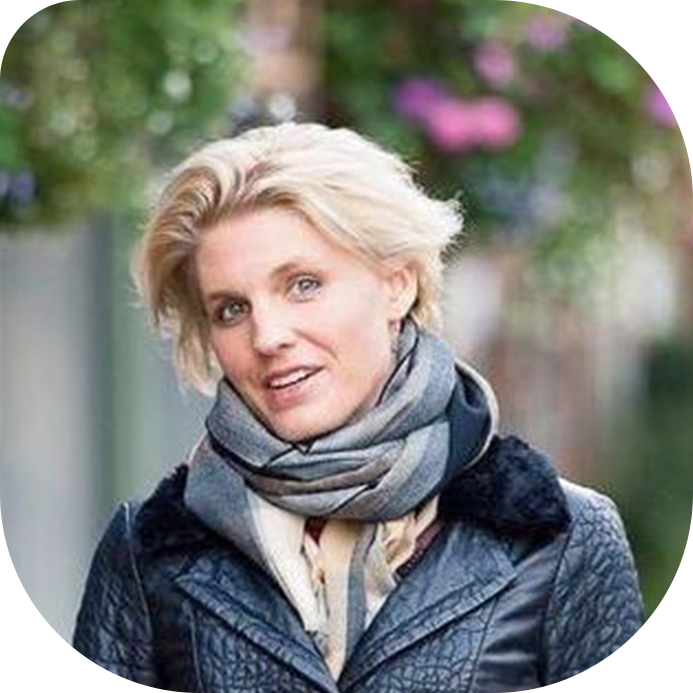
Dr. Alyssa Joyce
University of Gothenburg, Sweden
Project Coordinator
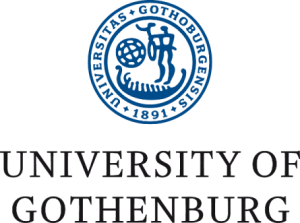
Professor Gundula Proksch
University of Washington, USA
Project Partner
Gundula Proksch is an Associate Professor in the College of Built Environments and the Founding Director of the Circular City and Living Systems Lab (CCLS), an interdisciplinary research group investigating transformative strategies for sustainable urban futures.
Her NSF-funded research focuses on the integration of living systems in the built environment at various scales. These systems include aquaponics, controlled environment agriculture (CEA), food systems, algae cultivation, and engineered living systems (ELiS). Professor Proksch’s interdisciplinary sustainability research builds on her professional experience spanning fifteen years of practice in Europe and the United States.

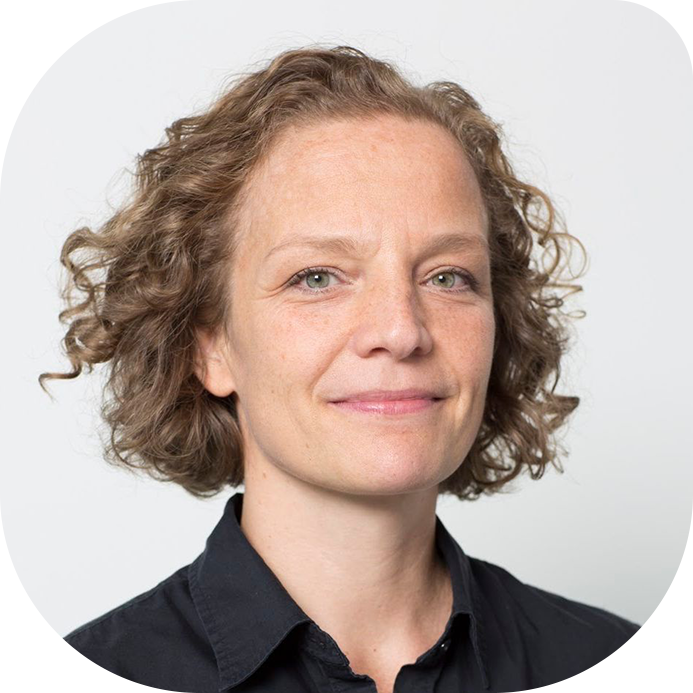

Gundula Proksch
University of Washington, USA
Project Partner
Gundula Proksch is an Associate Professor in the College of Built Environments and the Founding Director of the Circular City and Living Systems Lab (CCLS), an interdisciplinary research group investigating transformative strategies for sustainable urban futures.
Her NSF-funded research focuses on the integration of living systems in the built environment at various scales. These systems include aquaponics, controlled environment agriculture (CEA), food systems, algae cultivation, and engineered living systems (ELiS). Professor Proksch’s interdisciplinary sustainability research builds on her professional experience spanning fifteen years of practice in Europe and the United States.

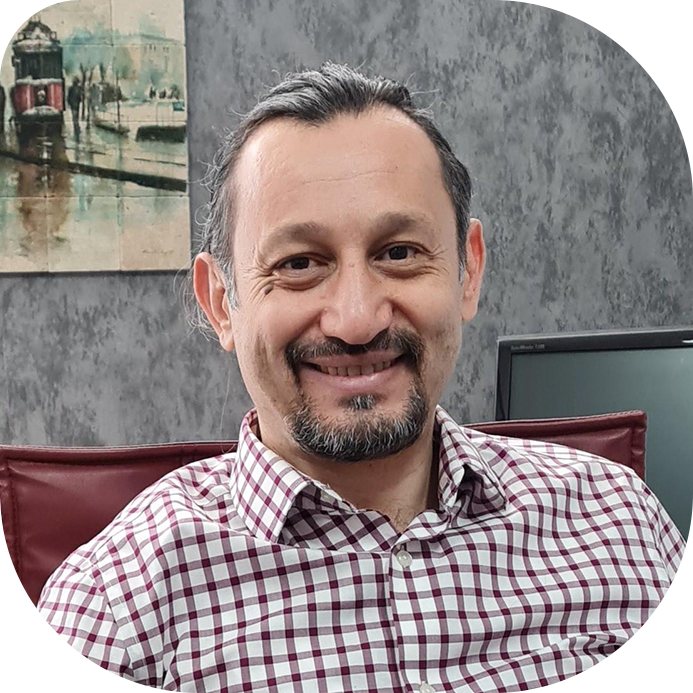
<span data-metadata=""><span data-buffer="">Dr. Abdulkadir Bayir
<span data-metadata=""><span data-buffer="">Ataturk University, Turkey
<span data-metadata=""><span data-buffer="">Project Partner
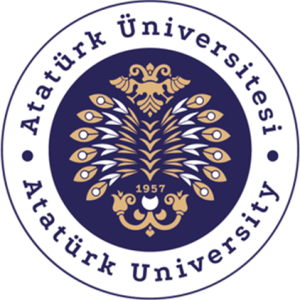
Dr. Oliver Koerner
Leibniz-Institute of Vegetable and Ornamental Crops
Project Partner

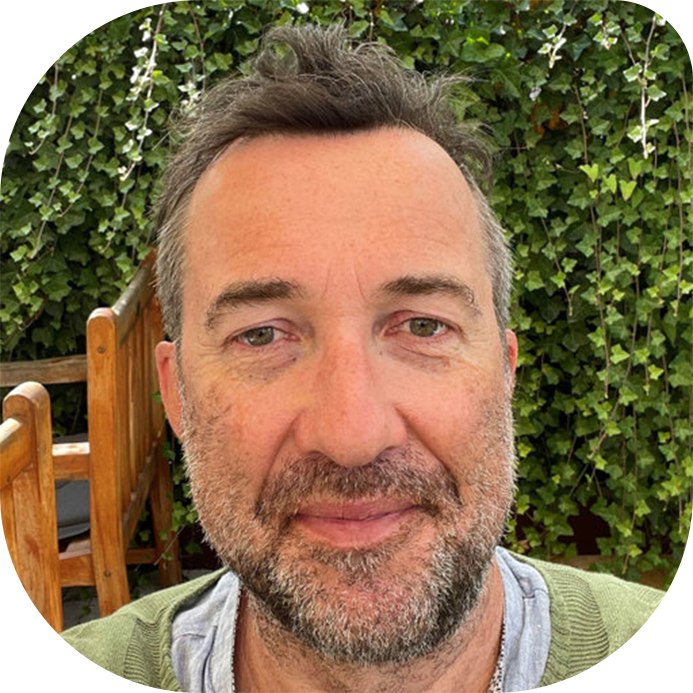

Dr. Oliver Koerner
Leibniz-Institute of Vegetable and Ornamental Crops.
Project Partner
Dr. Körner is lead of a research group on controlled environment crop production systems at the Leibniz-Institute of Vegetable and Ornamental Crops near Berlin, Germany. He is a greenhouse horticultural scientist interested in resource conservation in intensive horticultural crop production. He focuses on understanding the underlying processes and interactions between the dynamics of climate, microclimate and plants in protected environments such as greenhouses or aquaponics operations. He translates process-based mathematical models as sub-components in soft-sensors used for greenhouse monitoring.

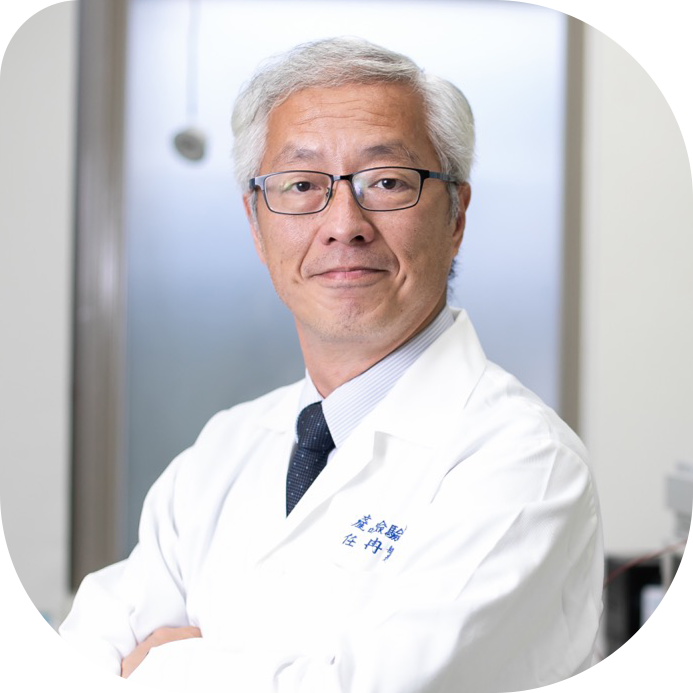
Professor Fan-Hua Nan
Department of Aquaculture, College of Life Sciences, National Taiwan Ocean University, Distinguished Professor
<span data-metadata=""><span data-buffer="">Project Partner

<span data-metadata=""><span data-buffer="">Dr. Maria Celia Portella
Professor, Universidade Estadual Paulista, Brazil
Project Partner
Maria Célia Portella is an Associate Professor of the Sao Paulo State University (UNESP, Brazil) and of the Aquaculture Center of UNESP. She is Past-President of the World Aquaculture Society (WAS), Past-President of the Latin American and Caribbean Chapter of WAS (LACC/WAS) and consultant of FAO for sustainable aquaculture. She was the Brazilian lead of the former Belmont Forum CITYFOOD consortium, during which time she set up a Living Lab at UNESP consisting of a 100 m2 greenhouse hosting 16 individual aquaponics systems specially designed for experimental purposes. This facility will be available in this new Aquaponics Opti project for experiments, as well as training of students / outreach with different stakeholders.
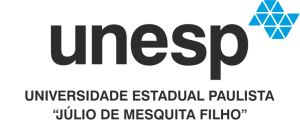
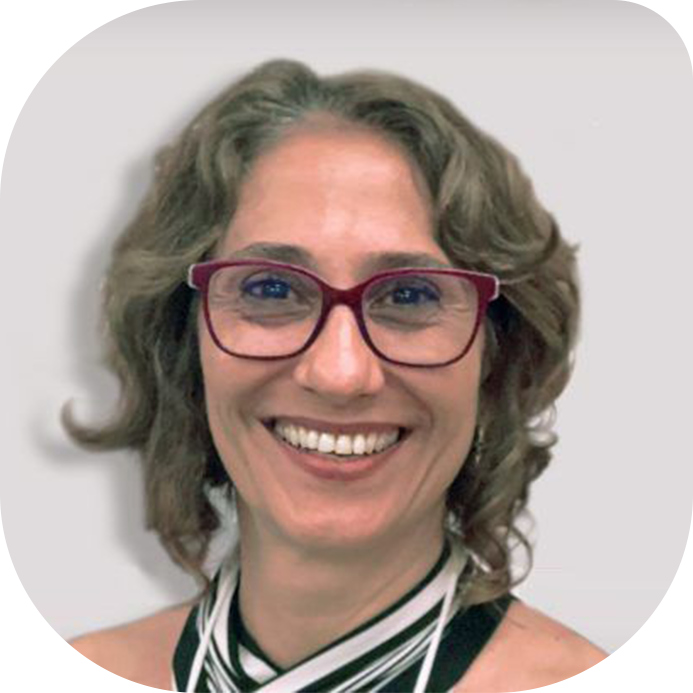

<span data-metadata=""><span data-buffer="">Maria Celia Portella
Universidade Estadual Paulista, Brazil
Project Partner
Maria Célia Portella is an Associate Professor of the Sao Paulo State University (UNESP, Brazil) and of the Aquaculture Center of UNESP. She is Past-President of the World Aquaculture Society (WAS), Past-President of the Latin American and Caribbean Chapter of WAS (LACC/WAS) and consultant of FAO for sustainable aquaculture. She was the Brazilian lead of the former Belmont Forum CITYFOOD consortium, during which time she set up a Living Lab at UNESP consisting of a 100 m2 greenhouse hosting 16 individual aquaponics systems specially designed for experimental purposes. This facility will be available in this new Aquaponics Opti project for experiments, as well as training of students / outreach with different stakeholders.

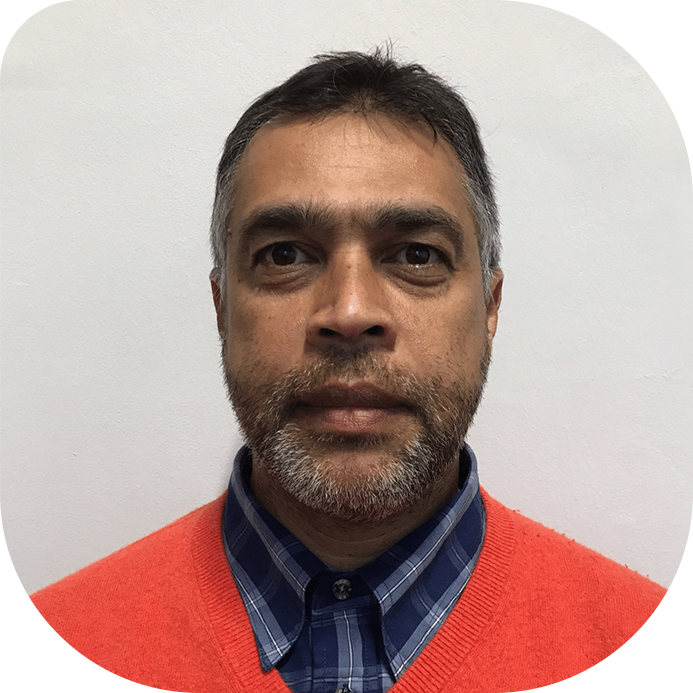
Dr. Khalid Salie
Stellenbosch University, South Africa
<span data-metadata=""><span data-buffer="">Project Partner
Dr. Salie is a Lecturer and Researcher in the Department of Animal Sciences and the Academic Coordinator of the Aquaculture Programme at Stellenbosch University. He has been involved in aquaculture research for more than 20 years and has established global collaborative networks among private, public, and community stakeholders. His research focuses on water ecology, aquaponics, and sustainable aquaculture development. He serves as Director for the Southern Region of the African Chapter of the World Aquaculture Society. His outreach focusses on training and mentoring of students and emerging scientists.

